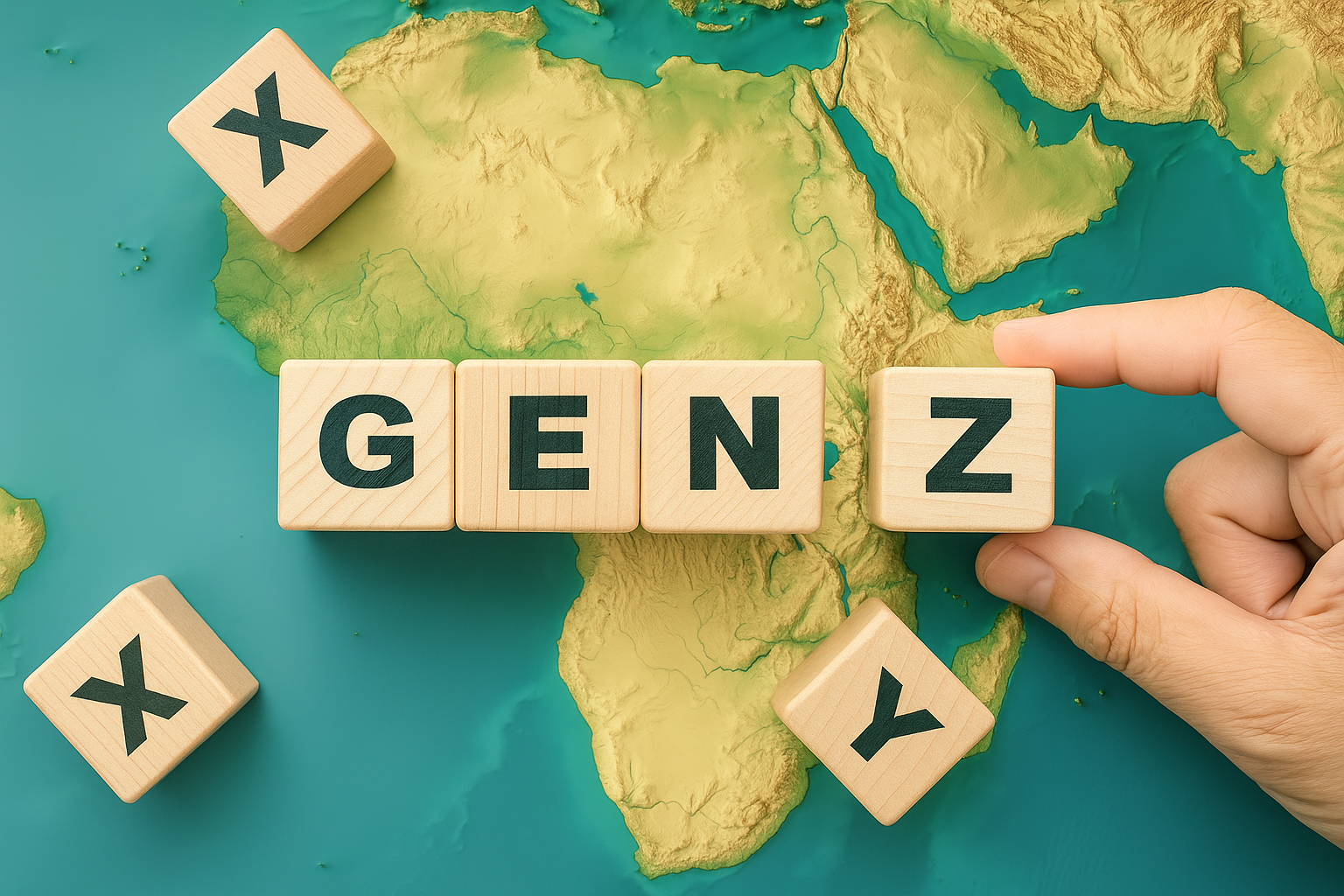Gen-Z Africa is just beginning to flex its muscles. If the currently isolated activities become more coordinated across countries, the youth movement could become the saving grace of the continent and provide a new paradigm for mutual success as the world strives to secure critical minerals and build the mines of the future.
Madagascar isn’t a name that rolls off the tongues of people everywhere. Generally, it has been regarded as a quiet place, perhaps best known as a biodiversity hotspot with over 90% of its wildlife being endemic. Parents might think about the cute cartoon characters in movies of the same name. Some interesting facts are that it is the world’s fourth-largest island, second-largest island country and the 46th largest country overall. But it briefly made the news last month for an entirely different reason.
Protests organized by Gen-Z Madagascar and ultimately backed by elements of the country’s military toppled the government and forced the president into exile. This is the latest example of youth-led protests on the continent, including in Kenya, South Africa, Niger, Mali, Gabon and Burkino Faso. Other countries seem on the verge of similar youth “explosions,” including Ethiopia, Cameroon, Morrocco and Zimbabwe.
The common triggers include lack of infrastructure (potable water and electricity in Madagascar), lack of jobs, inflation, electoral chicanery and corruption. Underlying all these visible issues is frustration with systems controlled by old men (some in their 90’s) in which young people have little or no penetration unless born into the right families. The ruling forces seem blind to some elementary demographic realities, namely that the median age on the continent now is 19 and projected to remain in the low 20’s for the next 30 years.
The rigid refusal of the ruling politicians in Africa to bend is fueling another and even more dangerous trend: the rise of indigenous terrorist movements or the arrival of terrorist organizations into troubled countries. Disaffected youth – of both genders – are ripe for recruitment and in countries such as Somalia have fueled the collapse of public order by forming or joining violent terrorist activities.
These factors are about to clash with global aspirations for developing Africa’s mineral resources. The Chinese, among the first to enter aggressively into the continent (following in some cases countries such as Lebanon and Russia) are now encountering the backlash as populations that viewed Chinese “deals” as neo-colonialism demand their governments renegotiate agreements and/or throw the Chinese out. Due to the colonial heritage of the continent, it sometimes is difficult for European countries to profit from the anti-Chinese sentiments, which should provide an opportunity for the US – except that, so far, US companies have deemed most of the continent to be “too difficult, too dangerous.”
African governments, rightly nervous for their collective futures, are trying to position themselves as “resource warriors” prepared to extract maximum advantage from foreign companies’ interest in the critical minerals space. In addition to seeking value-add development (every nation wants to process the minerals before they leave the country) many countries are considering broadening the social contribution elements of new contracts.
This, however, is nothing but deflection – blaming the big companies and/or Western countries for the failures of the elected African governments has successfully bought them decades of time to continue the systems from which they have profited. Today, however, the Gen-Z Africans aren’t buying the line; they are insisting that their (nominally) elected leaders bear their share of blame for the lack of progress and accept their responsibility for developing their countries.
Of course, government demands that companies be responsible for things like education and infrastructure development reinforce the perception that operating in Africa is too difficult. Companies have come to accept over time that they have certain social contributions to make to secure their “social license to operate” and thus have constructed schools, clinics, markets etc, and funded sports teams and built stadiums. In DRC, for instance, companies also have brought their infrastructure with them, building power plants, roads and bridges – all of which of course, increase project costs but often those costs have been partially offset by favorable tax regimes. Crucially, those benefits were not envisioned for the populations, which in some cases watched power lines being strung over their villages sending electricity from the generation source to the mines that paid for the transmission network while they remained in the dark.
I have and continue to advocate for companies and countries to work cooperatively and transparently together to fulfill national economic development goals as appropriate. The biggest obstacle to doing so remains, of course, corruption. Particularly for US companies, who operate under the restrictions of the Foreign Corrupt Practices Act, giving money directly to government agencies simply is not possible in an environment where there is no transparent accountability for how those funds are used but where there is a deplorable history of self-aggrandizement by national leaders.
The solution lies in African political change. Gen-Z Africa is just beginning to flex its muscles. If the currently isolated activities become more coordinated across countries, the youth movement could become the saving grace of the continent and provide a new paradigm for mutual success as the world strives to secure critical minerals and build the mines of the future.




Leave a Reply